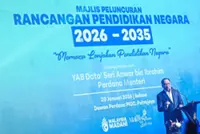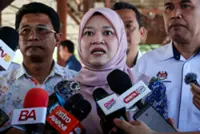PETALING JAYA: It’s a topic as old as time, but interest groups claim that sex education in Malaysia remains conservative and fails to guide young people in understanding human sexuality and health.
Sex education is not sufficiently emphasised in the education curriculum, often leading to gaps in young people’s understanding of sexual health and rights, said Women’s Aid Organisation (WAO) acting executive director Nazreen Nizam.





